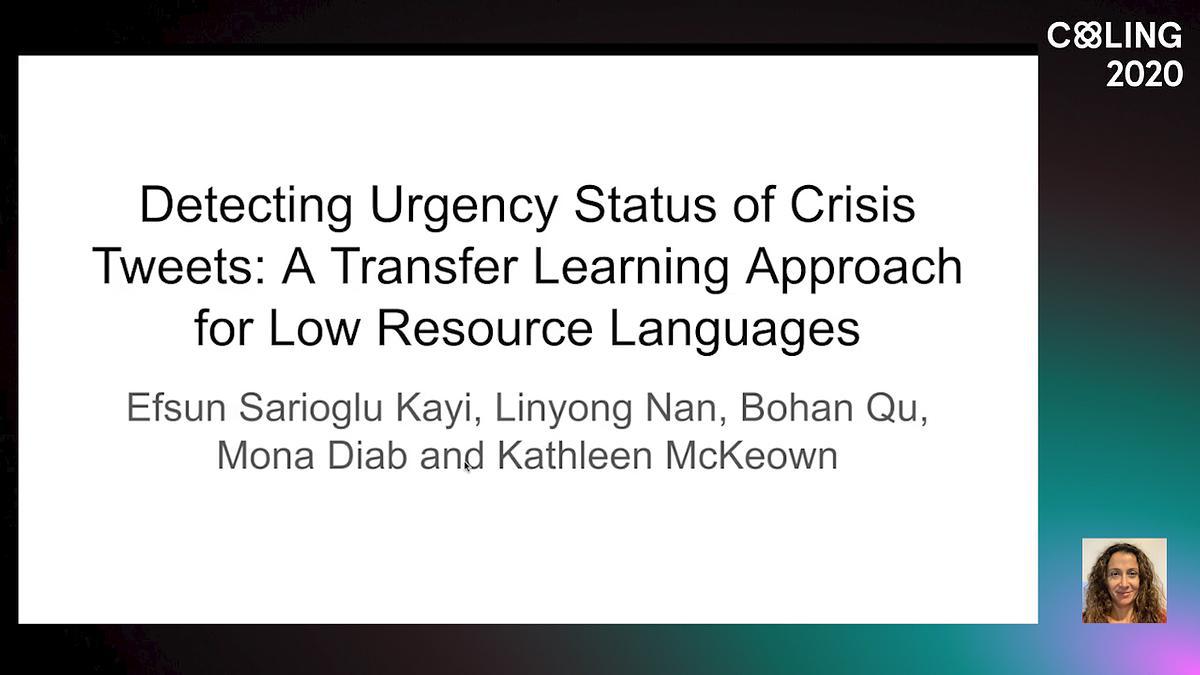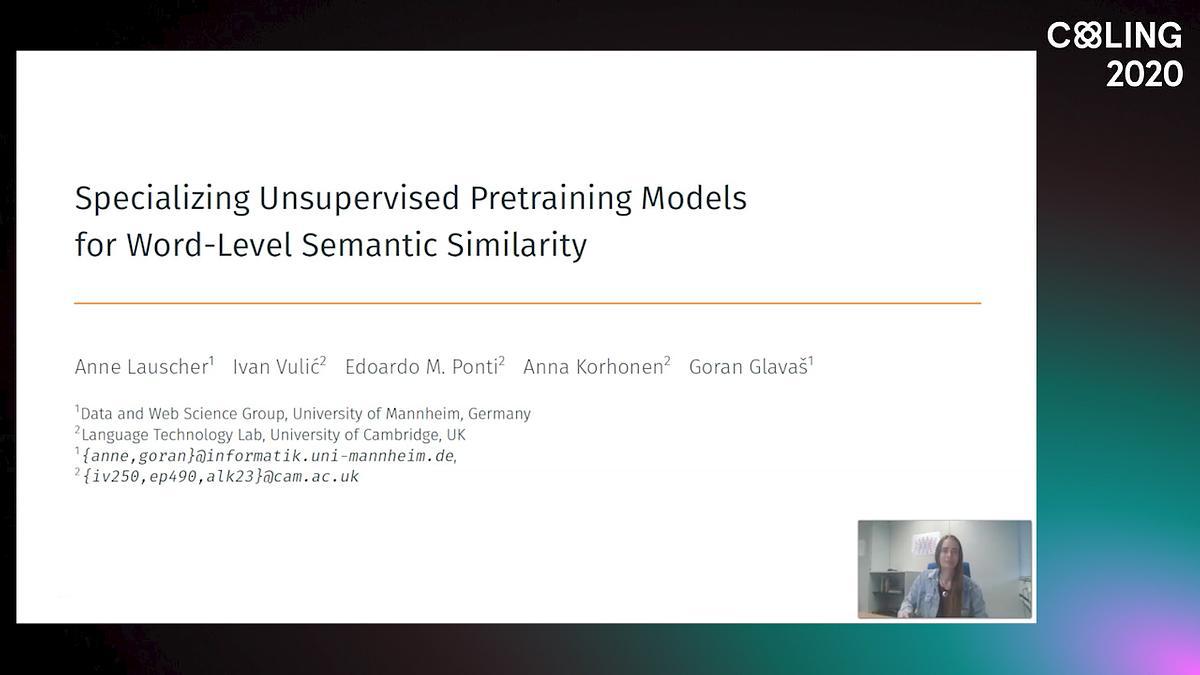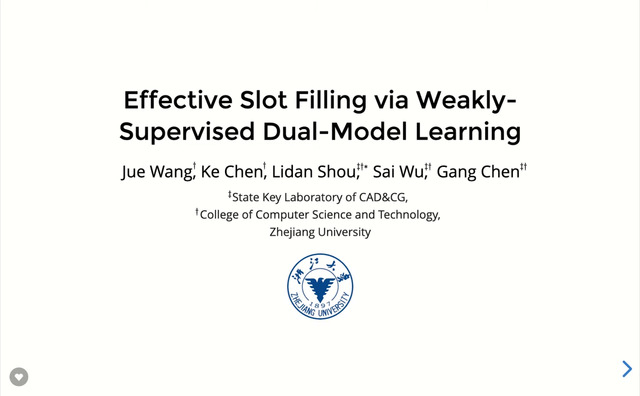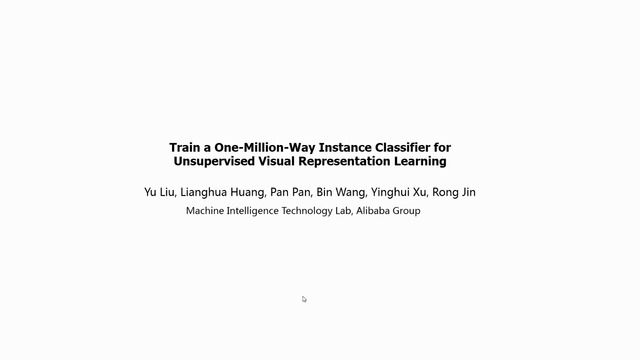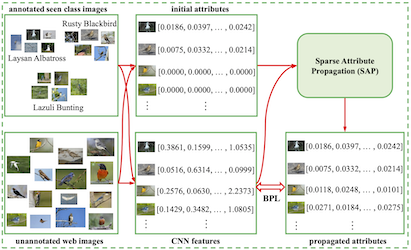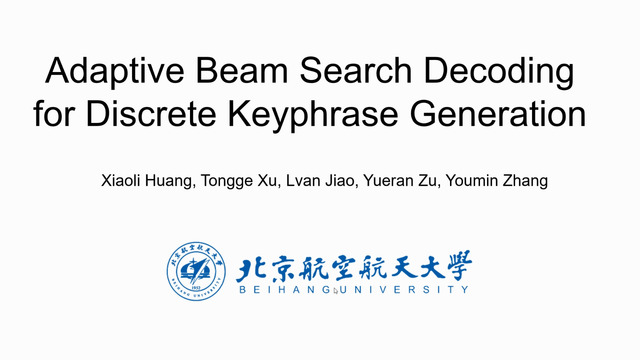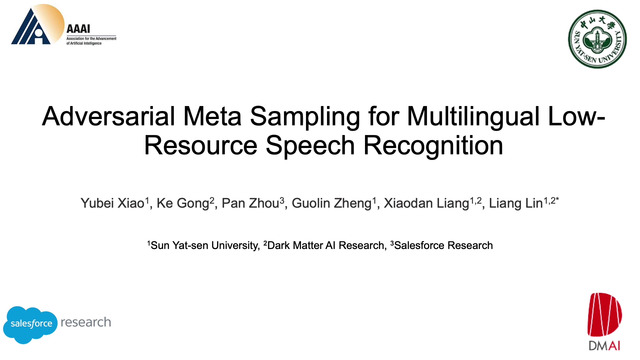Abstract:
A sufficient amount of annotated data is usually required to fine-tune pre-trained language models for downstream tasks. Unfortunately, attaining labeled data can be costly, especially for multiple language varieties and dialects. We propose to self-train pre-trained language models in zero- and few-shot scenarios to improve performance on data-scarce varieties using only resources from data-rich ones. We demonstrate the utility of our approach in the context of Arabic sequence labeling by using a language model fine-tuned on Modern Standard Arabic (MSA) only to predict named entities (NE) and part-of-speech (POS) tags on several dialectal Arabic (DA) varieties. We show that self-training is indeed powerful, improving zero-shot MSA-to-DA transfer by as large as ˷10% F<span class="tex-math"><sub>1</sub></span> (NER) and 2% accuracy (POS tagging). We acquire even better performance in few-shot scenarios with limited amounts of labeled data. We conduct an ablation study and show that the performance boost observed directly results from training data augmentation possible with DA examples via self-training. This opens up opportunities for developing DA models exploiting only MSA resources. Our approach can also be extended to other languages and tasks.






